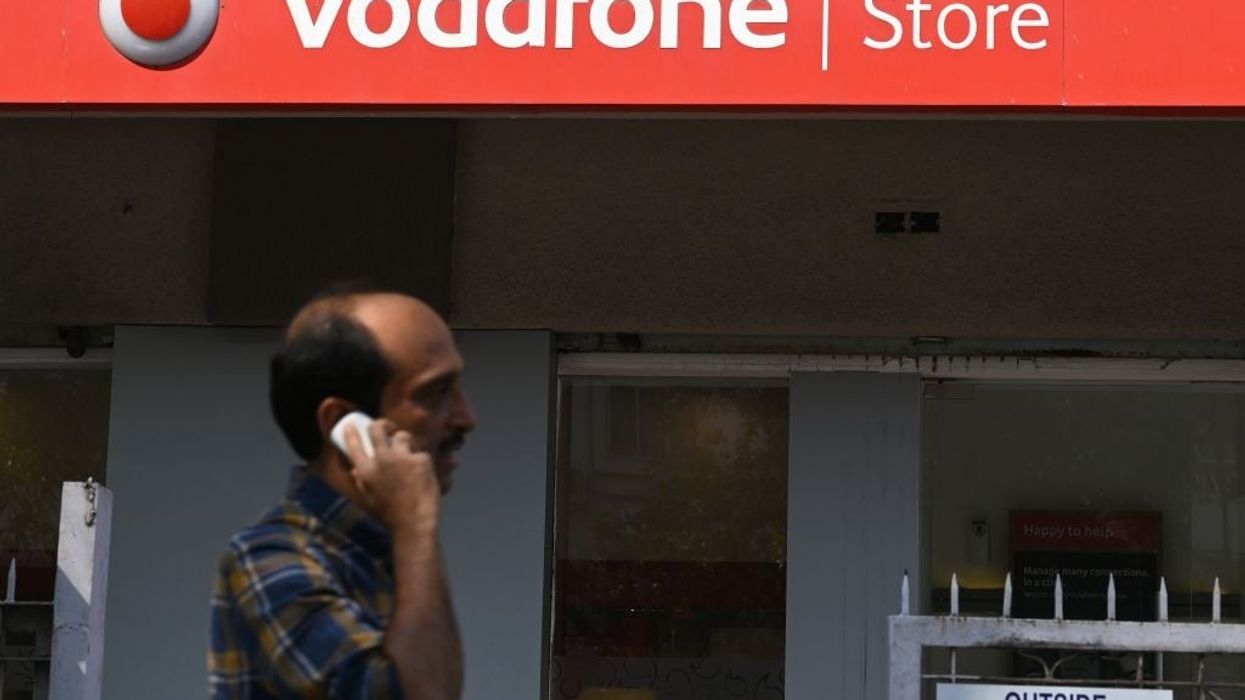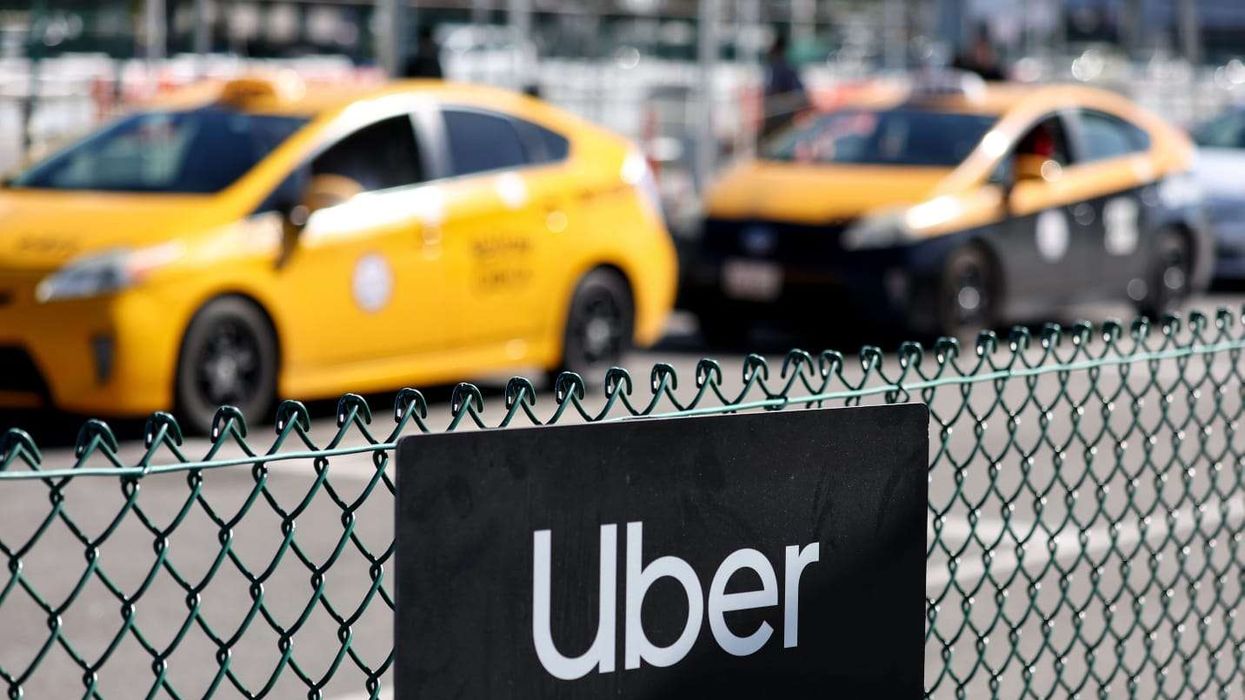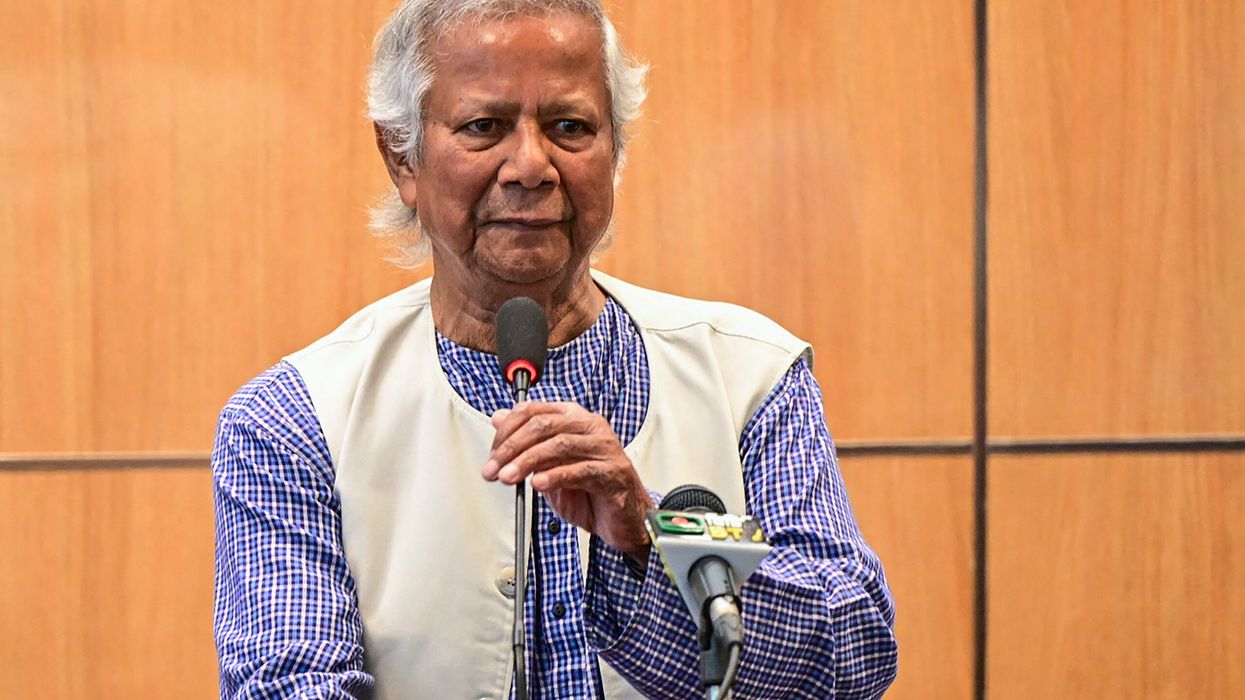INDIA's disputes with more than 15 foreign companies may end with the new tax legislation unveiled by the country on Thursday (5).
Some of these firms have threatened to seize Indian assets abroad including jets and property.
The legislation would allow for refunds to be made to companies including Vodafone and Cairn Energy of Britain if they end the battle dragging on for the past decade.
International arbitration panels have ruled against India, and a French court last month put a freeze order on 20 Indian government-owned properties in Paris following a move by Cairn.
Cairn, which is seeking $1.2bn awarded by an independent panel last year, has also targeted Air India assets abroad.
More than 15 foreign companies have been in dispute with India for several years over a 2012 tax law that allowed the government to claim retroactive tax from enterprises that acquired assets of Indian companies.
Analysts say the disputes in total are worth more than $6bn and have become a diplomatic issue with some countries.
The government said its new legislation would allow for taxes on the transfer of Indian assets before May 2012 to be "nullified" if certain conditions are met, including the withdrawal of legal claims and a promise that no damages claims would be filed.
The government would not pay interest on any sums owed, officials added.
"This is indeed a very pragmatic step by the government and should help it contain the widespread litigation in cases similar to Vodafone and Cairn. A worthy battle to lose," said Kumarmanglam Vijay, a partner with leading Indian law firm J Sagar Associates
An international tribunal in The Hague last year ruled that the tax and penalties ordered against mobile phone giant Vodafone breached an investment treaty between India and the Netherlands.
The Permanent Court of Arbitration at The Hague in December ordered the Indian government to pay Cairn, which has operations in India, more than $1.2bn, plus interest.
The legislation received a cautious reaction.
Cairn said it had "noted" the proposed bill and was "monitoring the situation". India had said that it did not recognise the tribunal decisions and would fight them.
Indian government revenue secretary Tarun Bajaj has said that it was "unfair criticism to say that we have done this under pressure because of Air India assets being claimed."
But he acknowledged that India faced a "long battle". Bajaj estimated, however, that only $1bn dollars would have to be refunded under the proposal. This is less than the award made to Cairn.
Vodafone faced demands for nearly $3bn from India over its $11bn acquisition of Indian mobile assets from Hutchison Whampoa in 2007. It is not known how much they had paid.













